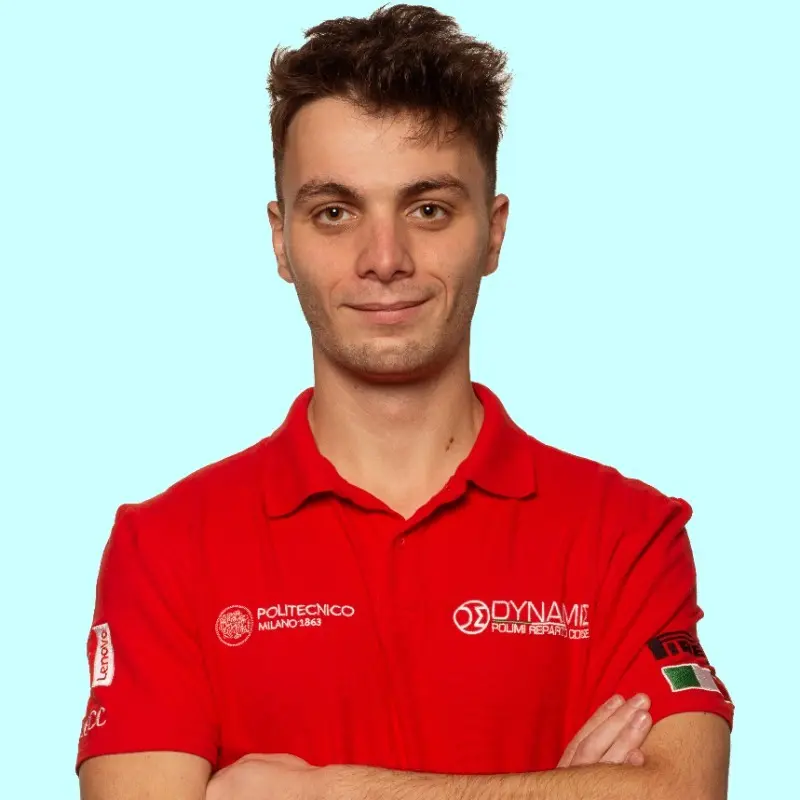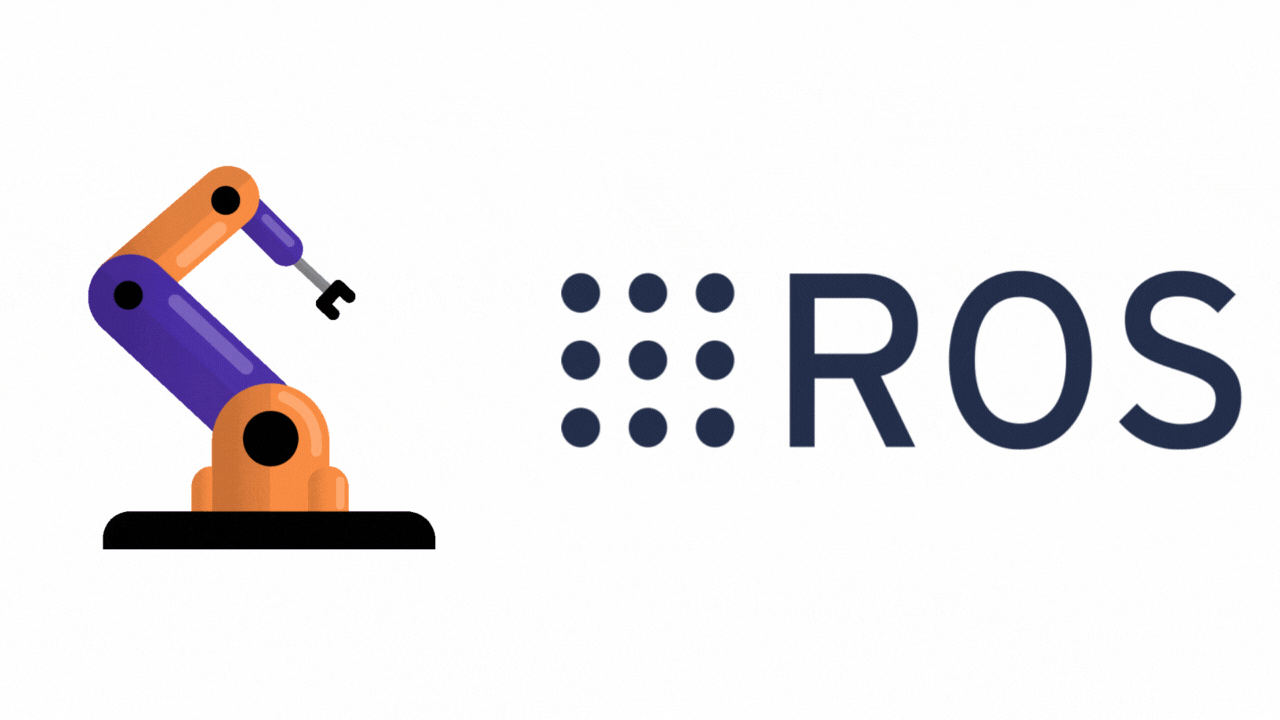In the realm of robotics and high-performance computing, efficient memory management is crucial. C++ provides powerful tools for manual memory management, offering fine-grained control that can lead to highly optimized code. However, this power comes with great responsibility. Mismanaging memory can result in bugs that are notoriously difficult to track down, from subtle performance issues to catastrophic system failures.
The Double-Edged Sword of Manual Memory Management
C++'s approach to memory management is a double-edged sword. On one hand, it allows for precise control over resource allocation and deallocation, which can be crucial in resource-constrained environments often encountered in robotics. On the other hand, this manual approach opens the door to a host of potential issues, including memory leaks, dangling pointers, and buffer overflows.
Consider a scenario where we're developing software for a robot's sensor system. We might need to allocate memory dynamically to store incoming sensor data:
float* sensor_data = new float[1000];
// Process sensor data
delete[] sensor_data;This simple example already presents several potential pitfalls. What if an exception is thrown during processing? We might never reach the delete[] statement, resulting in a memory leak. What if we accidentally use delete instead of delete[]? We'd have undefined behavior on our hands.
The RAII Paradigm: A Cornerstone of Modern C++
To mitigate these risks, modern C++ emphasizes the RAII (Resource Acquisition Is Initialization) paradigm. RAII ties the lifetime of resources to the lifetime of objects, ensuring that resources are properly released when an object goes out of scope.
Let's revisit our sensor data example using RAII:
std::vector<float> sensor_data(1000);
// Process sensor data
// No need for explicit deallocation
By using std::vector, we've eliminated the risk of memory leaks and incorrect deallocation. The memory is automatically freed when sensor_data goes out of scope, even if an exception is thrown.
Smart Pointers: Automating Memory Management
While RAII is powerful, there are scenarios where dynamic allocation is necessary. For these cases, C++11 introduced smart pointers, which automate memory management for dynamically allocated objects.
Consider a robot with multiple sensors, each represented by a Sensor class:
class Robot {
std::vector<std::unique_ptr<Sensor>> sensors;
public:
void add_sensor(std::unique_ptr<Sensor> sensor) {
sensors.push_back(std::move(sensor));
}
};
Here, std::unique_ptr ensures that each Sensor object is automatically deleted when it's no longer needed, either when it's removed from the vector or when the Robot object is destroyed.
The Pitfall of Premature Optimization
One common pitfall in C++ development, especially in performance-critical fields like robotics, is the temptation of premature optimization. Developers might shy away from using standard library containers or smart pointers, believing that manual memory management will yield better performance.
However, this approach often leads to more problems than it solves. Modern C++ compilers are highly optimized, and standard library implementations are typically very efficient. Unless profiling has identified a specific performance bottleneck, it's generally better to prioritize correctness and maintainability over hypothetical performance gains.
Best Practices for Robust Memory Management
To navigate the complexities of memory management in C++, consider the following best practices:
-
Favor stack allocation over heap allocation when possible. Stack-allocated objects have automatic lifetime management and typically better performance.
-
Use RAII and standard library containers to automate resource management.
-
When dynamic allocation is necessary, prefer smart pointers over raw pointers.
-
If you must use raw pointers, clearly document ownership semantics and follow the rule of three/five/zero.
-
Use tools like AddressSanitizer, Valgrind, and static analyzers to catch memory-related bugs early.
-
Regularly review and refactor your code to eliminate redundant or unsafe memory management practices.
Conclusion: Balancing Control and Safety
Memory management in C++ is a balancing act between control and safety. While the language provides the tools for fine-grained memory control, it's often better to err on the side of safety by leveraging modern C++ features and idioms.
As robotics developers, our goal should be to write code that is not only efficient but also robust and maintainable. By understanding the pitfalls of manual memory management and embracing modern C++ practices, we can create systems that are both powerful and reliable.
Remember, in the world of robotics, a memory leak or dangling pointer isn't just a bug – it could be the difference between a successful mission and a costly failure. Master these concepts, and you'll be well-equipped to tackle the complex challenges of robotics software development.



